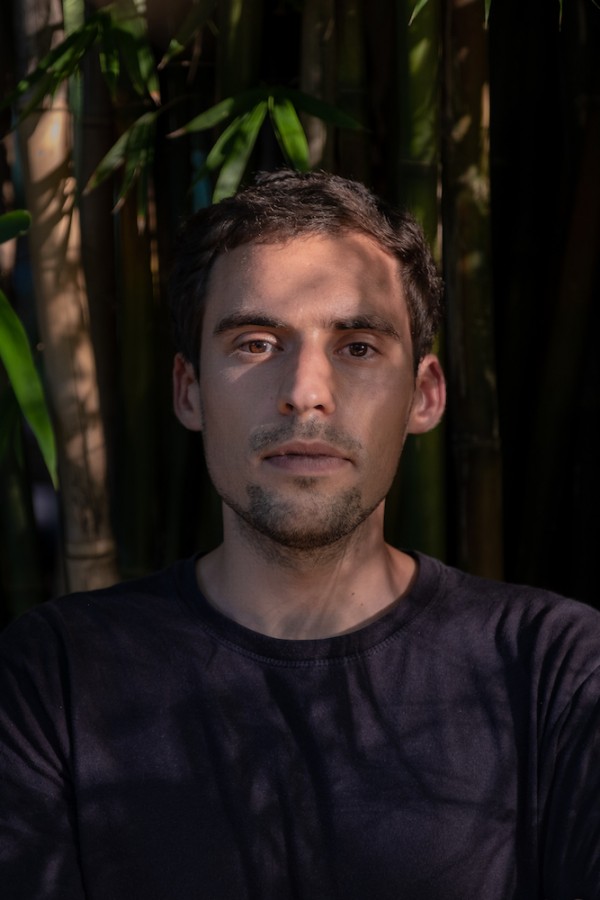New Lisbon
New Lisbon
Gonçalo Fonseca
October 27, 2020
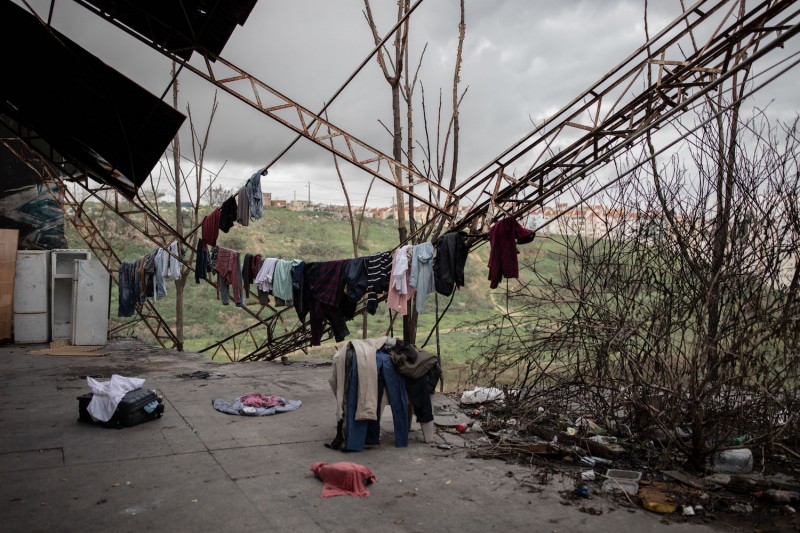
Clothes hang out to dry at a squat in Lisbon. Close to 10 people live in this abandoned structure.
LFI: First of all, congratulations on the LOBA Newcomer Award!
Gonçalo Fonseca: Thank you. It really is a fantastic honour for me to receive this incredible award. I thank all the people in Lisbon who have so generously shared their lives with me over the past two years. I would like to dedicate this award to them: to all those who are suffering from the housing crisis in my home town of Lisbon.
How did your project start?
I was born and raised in Lisbon, and as I grew up I felt that the city was a kind of forgotten treasure. From 2016, everything began to change radically. Mass tourism came at a high price. As popularity grew, investment funds came along, treating people's homes like assets, and sometimes leaving entire blocks of flats empty while they bought and sold. For a big part of 2018 I was in India, and when I got back I was struck by how fast my city was changing due its booming popularity worldwide. I started researching and found out that Lisbon is the city in Europe, and the sixth in the world, where it is the most difficult for its inhabitants to pay their rent. And this made me start this project.
Your very direct images reveal the fate and living situations of the people and families you portray. How did you get access to these people?
Getting in touch with these people was a challenge right from the beginning. Luckily, I was able to get some support from local activist groups like Habita or Stop Despejos (stop evictions), who are doing very important work in Lisbon. They helped me by introducing me to a number of people. I got to know others on my own, by going to certain places; but it was a difficult struggle to gain their trust, to make them understand how important it is to make the situation they live in visible, and that their stories need to be told. Of course, it’s not easy to share your intimate moments with a photographer who then wants to show them to the whole world. Many families and individuals accepted this challenge, however, and I am forever grateful for their generosity.
Is your project on-going?
Absolutely. I’ve visited some of the people time and again, and I’ve stayed in contact with almost all of them. This creates some challenges; but I believe that it is the key to special images. Above all, I see my responsibility as giving visibility to the people concerned; and the situation is not getting any easier. Especially now, in this time of the pandemic, when we are all being asked to stay at home, you can see how important it is to have a dignified place to live.
The upcoming issue 8/2020 of the LFI magazine includes further motifs from the series.
Gonçalo Fonseca+-
Gonçalo Fonseca was born in Lisbon in 1993. After studying Journalism (2011 to 2014), he focussed fully on photography. He completed post-graduate studies in Photojournalism. He has been reporting from Spain, Portugal, China and India for numerous international magazines since 2017, and has also received a number of awards. More

Clothes hang out to dry at a squat in Lisbon. Close to 10 people live in this abandoned structure.
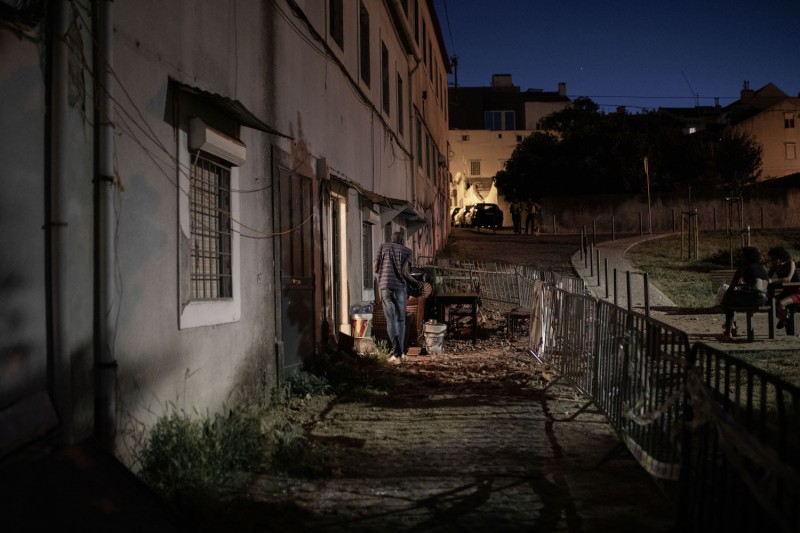
A man takes things out of his home in Quinta de Santo António.
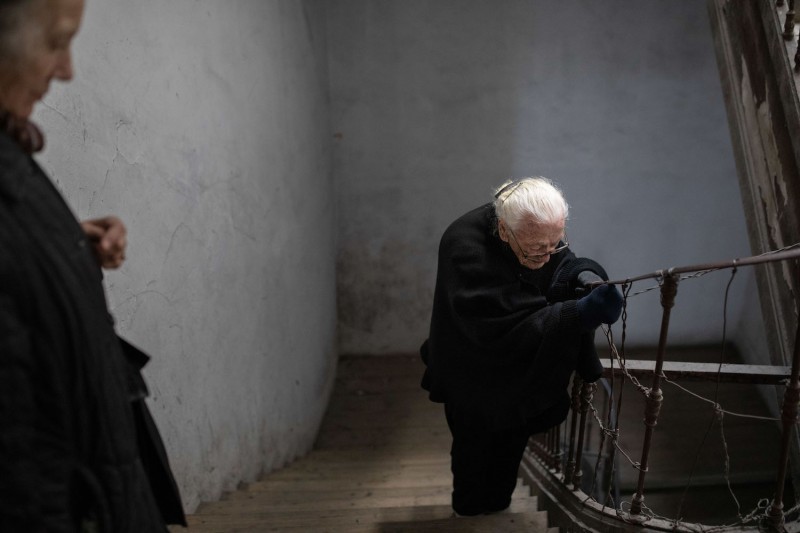
Emília, 93, lost her eyesight ten years ago: “I was born here and I raised three boys in this small apartment. This is all I know. If I am evicted, how will I survive on my own in another place?”
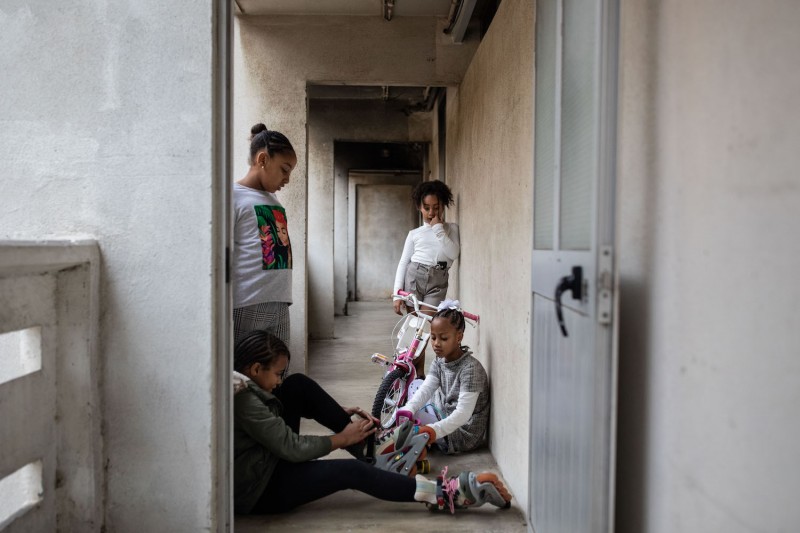
Fabiana (left) plays with her friends on a Sunday afternoon in Zona J, Lisbon. Her mother Edna has been squatting in an abandoned apartment in this neighbourhood for the last 3 years
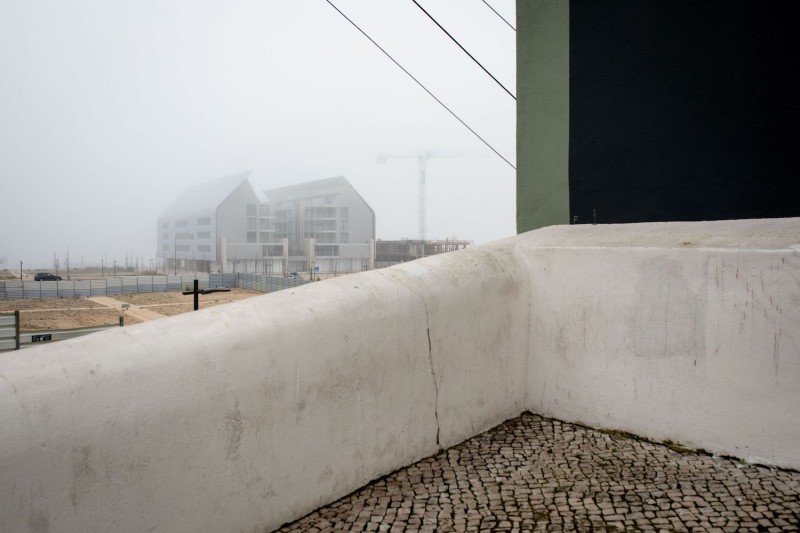
The Prata luxury development in Marvila is a project by Renzo Piano, a recipient of the Pritzker Architecture Prize. This is the first of 12 buildings that aim to “revolutionise Lisbon”
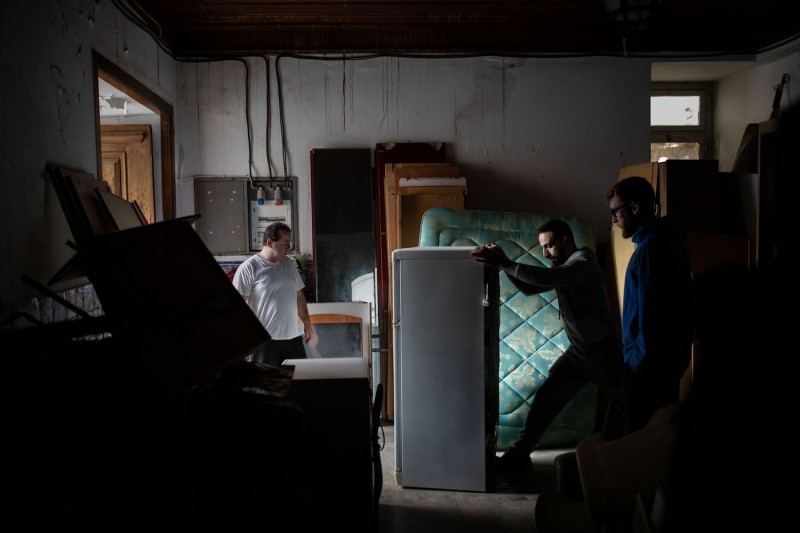
Maria Pereira, 78, is homeless. Her son examins her household effects in a storage where the landlord dumped her things
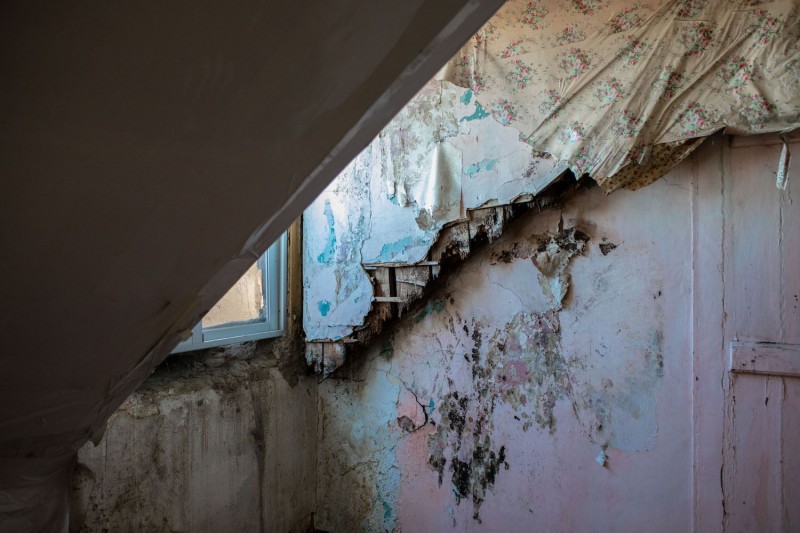
With the goal of evicting the tenants, the companies who own Casa Santos Lima hired a construction crew to wreck the unoccupied apartments in the building
